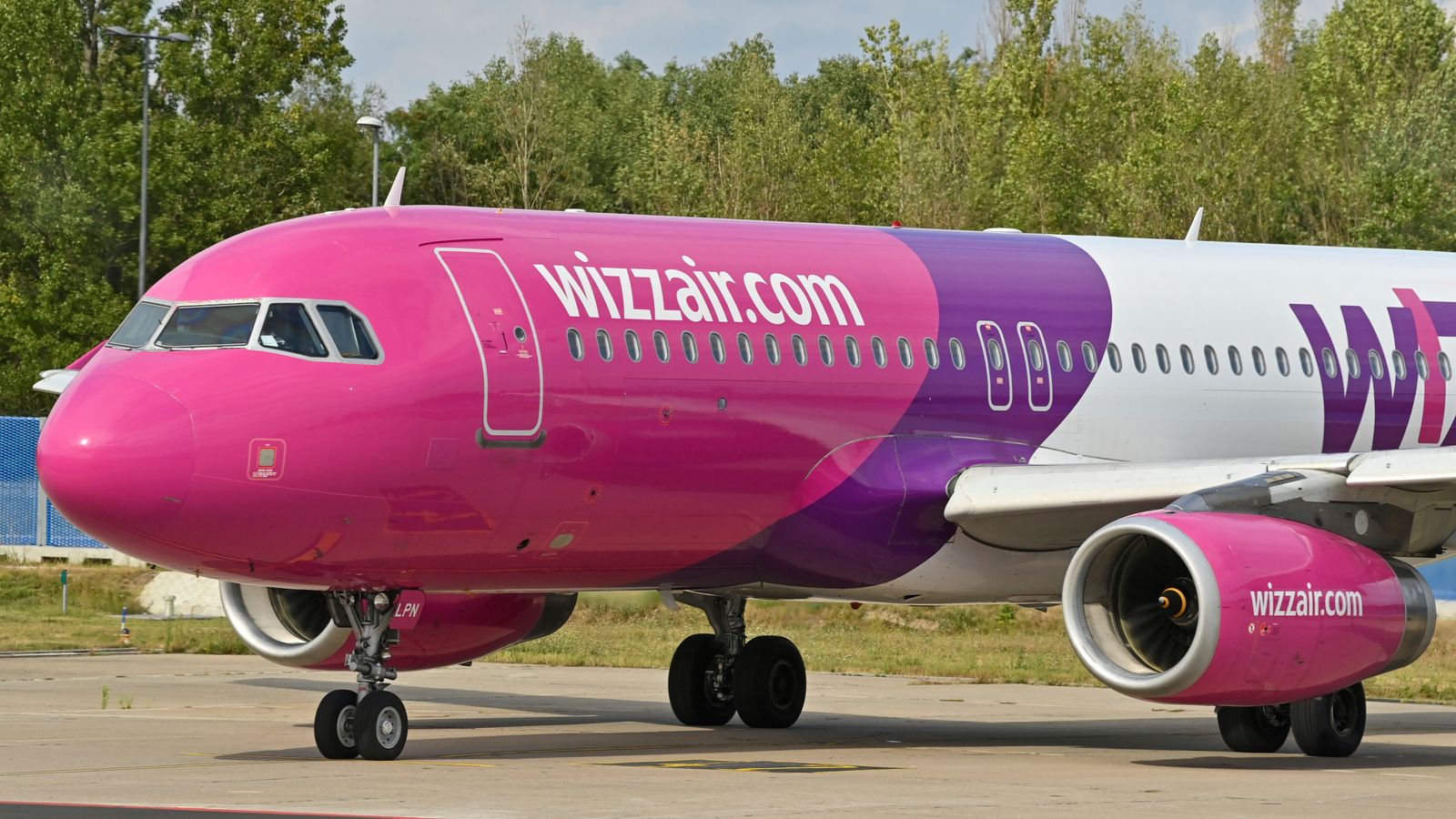Asked in 2003 why he had not taken Ryanair into central and eastern Europe, Michael O’Leary, the airline’s chief executive, was emphatic.
Mr O’Leary, one of the most driven and competitive of CEOs in any industry, told the Wall Street Journal: “Our model just can’t be slapped down in Central and Eastern Europe at this point.”
At that very moment, though, someone was planning to prove him wrong.
Jozsef Varadi, the former chief executive of Hungary’s national carrier Malev, believed there was indeed an opportunity in that part of Europe.
May 2004 was due to see the biggest expansion of the EU in its history with 10 countries, including Poland, Hungary and the Czech Republic, joining the bloc and bringing with them a further 75 million potential air travellers.
Under the terms of their entry, the new EU members were obliged to abandon treaties that had previously protected their local airlines, exposing them to competition.
Mr Varadi spotted an opportunity to disrupt the market. Moreover, confident that Eastern Europeans would travel in big numbers to work in countries like the UK, Ireland and Germany once they were allowed to, he had identified a whole new market.
Morrisons warns of price rises and shortages as half-year profits fall 43%
EasyJet shares take a pounding as it reveals rejected takeover bid and £1.2bn cash call
Facebook and Ray-Ban launch range of smart glasses called Ray-Ban Stories
The airline he created with the backing of American financier Bill Franke, Wizz Air, launched its first flight from Katowice – disparaged at the time by London’s Evening Standard as “perhaps Poland’s grimmest city” – to Luton on 19 May 2004.
From those humble beginnings emerged an airline that has gone on to carry more than 200 million passengers and whose stock market valuation has shot up from £1.7bn just four years ago to more than £5.1bn today, a share price performance to put the FTSE-100 in the shade.
An airline, according to City gossip, that is so confident and ambitious that it recently made a takeover approach to its longer-established rival EasyJet.
Ambitious is a word that crops up a lot when Wizz Air is mentioned. It was when, earlier this year, Wizz Air published new proposals on pay that would see Mr Varadi receive a one-off bonus of shares worth £100m if he can achieve a compound annual growth rate of 20% in the share price during the next five years.
And it has been many times during the last year when, despite the pandemic battering the aviation industry, Wizz Air has continued to open new bases and launch new routes.
:: Listen and subscribe to The Ian King Business Podcast here.
The carrier has expanded from 25 to 43 operating bases, added 50 new routes – the latest being from North Macedonia to Germany, Denmark and Italy – and added another 16 aircraft to its fleet, taking it to 137.
This expansion is taking Wizz Air into new territories outside its Central and Eastern European heartlands. Most eye-catching of these was the launch, at the end of last year, of Wizz Air Abu Dhabi, a joint venture with ADQ, a state-owned holding company.
It is already flying routes between the Gulf state and locations as far apart as Tel Aviv in Israel and Almaty in Kazakhstan. The airline is trumpeting its green credentials that come via its use of new Airbus A321neo aircraft – touted by the manufacturer as the world’s most efficient single-aisle passenger jet.
This expansion has been supported by a balance sheet among the most robust in the industry. At its most recent results, which covered the three months to the end of June this year, Wizz Air reported a cash position of almost €1.7billion – less than that of Ryanair but nonetheless a pretty robust situation and certainly enough to tide it through any further flare-ups of COVID-19.
The airline was predicting in July that, in August, it would become “the first major European airline to fully recover capacity to pre-COVID-19 levels”.
What has put Wizz Air in this position is a focus on cost unparalleled in European aviation outside Ryanair itself. That is thanks partly to many of its employees coming from Hungary, where wages are lower than many other European countries, as well as being based in low-tax Switzerland.
But it is also because Mr Varadi, a former Procter and Gamble executive whose father was imprisoned for his involvement in the 1956 Hungarian revolution, is every bit as tough as Mr O’Leary in negotiating with airport operators. Wizz Air even charges more than Ryanair for bringing baggage into the cabin.
It is an approach that has earned the respect of Mr O’Leary himself.
It wasn’t always that way. In November 2007, on a call to analysts and investors, Ryanair’s chief executive mentioned Wizz Air by name as a competitor likely to go under.
He said: “Most of the second tier competition, SkyEurope, Wizz, Vueling, are really losing money hand over fist. All of them coming up with new business models to capture more business traffic, move upwards in the yield cycle, all that kind of nonsense.
“Basically they can’t compete with us on price. They’re never going to compete with us on price. And it’s only a matter of time before they all fall over.”
He was partly correct. SkyEurope did indeed collapse in 2009 having never made a profit, while Vueling ended up being bought in 2012 by International Airlines Group, parent company of British Airways, Iberian and Aer Lingus.
But Wizz Air ended up benefiting from the collapse of other carriers, including Malev itself in 2012, Adria Airways, Germania, Air Berlin and Primera Air.
These days, Mr O’Leary is more respectful of his rival, despite grumbling in 2018 that Wizz “continue to make these mythical claims about having lower costs than Ryanair while their aircraft financing costs go through the roof”.
Both airlines claim to have lower costs than the other. Mr Varadi has claimed frequently that Wizz’s use of the A321neo will give it the edge compared with Ryanair, which has put its faith in Boeing’s 737 MAX, despite walking away from talks over a big order for the aircraft earlier this week following a dispute over price.
That competition looks set to intensify. In order to meet the performance target that would unlock his bonus, Mr Varadi is going to need to take on Ryanair in more places, chiefly on routes in Western Europe.
It perhaps explains why he was keen on acquiring EasyJet.






















